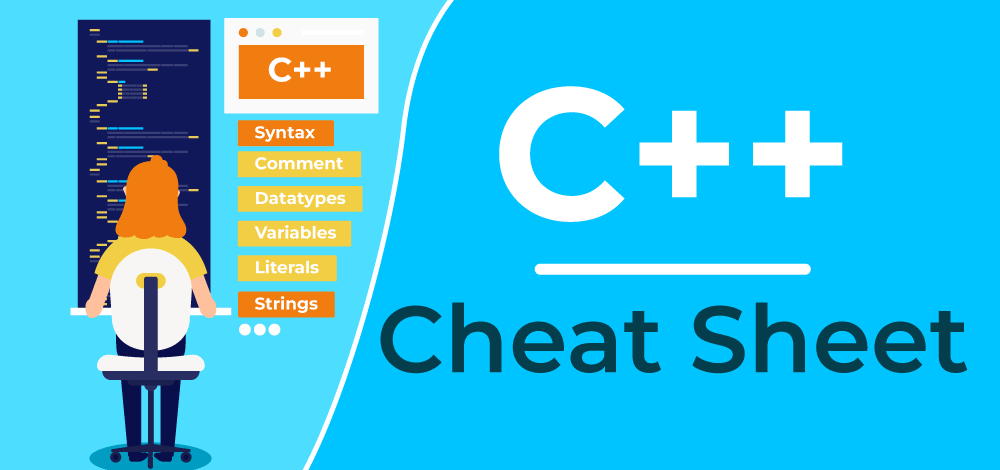Gentoo GURU Repository: Your Guide to User-Maintained Ebuilds
Are you looking to expand your Gentoo Linux software options? The Gentoo User Repository (GURU) offers a wealth of ebuilds maintained by the Gentoo community itself. This article dives deep into the GURU repository, exploring its benefits and how it can enhance your Gentoo experience.
What is the Gentoo GURU Repository?
GURU is a community-maintained repository of ebuilds for the Gentoo Linux distribution. Unlike the official Gentoo repository, GURU relies on contributions from Gentoo users. This collaborative approach allows for a wider range of software packages and versions.
- Community Driven: Developed and maintained by Gentoo users for Gentoo users.
- Expanded Software Availability: Access a broader selection of software than the official Gentoo repository.
- Latest Versions: Often includes newer versions of software before they are available in the main repository.
Benefits of Using the GURU Repository
Why should you consider using the GURU repository? Here are some key benefits:
- Discover New Software: Find specialized applications and tools not available elsewhere.
- Early Access: Get your hands on the newest releases and features.
- Contribute to the Community: Share your own ebuilds and help expand the repository.
Exploring the GURU Repository's Structure
The GURU repository organizes ebuilds into various categories, mirroring the structure of the main Gentoo repository. Here's a glimpse into some of those categories:
app-accessibility: Tools and applications related to accessibility.dev-python: Python-related development tools and libraries.games-misc: Miscellaneous games and game-related utilities.media-sound: Audio software and plugins.net-analyzer: Network analysis tools.
Key Folders and Their Significance
Let's explore what some of the key folders within the GURU repository contain.
.github/workflows: Contains configuration files for automated tasks, such as package checking, using GitHub Actions.eclass: Includes eclass files, which are reusable code snippets that simplify the ebuild creation process.licenses: Stores various software licenses used by the packages in the repository.metadata: Contains metadata files providing information about the packages, such as dependencies and descriptions.
How to Contribute to the GURU Repository
Want to give back to the Gentoo community? Contributing to the GURU repository is a great way to do it!
- Create an ebuild: Develop an ebuild for a new or updated software package.
- Test Thoroughly: Ensure your ebuild works correctly and follows Gentoo's guidelines.
- Submit Your Contribution: Follow the GURU repository's contribution process (usually involves creating a pull request).
Staying Informed About GURU Updates
Keep up-to-date with the latest changes and additions to the GURU repository by:
- Monitoring the GitHub repository: Watch for new commits and pull requests.
- Following Gentoo community forums: Stay informed about discussions and announcements regarding GURU.
GURU: A Valuable Resource for Gentoo Users
The Gentoo GURU repository is a fantastic resource for expanding your software options and engaging with the Gentoo community. Explore the repository, contribute your own ebuilds, and take your Gentoo experience to the next level.


